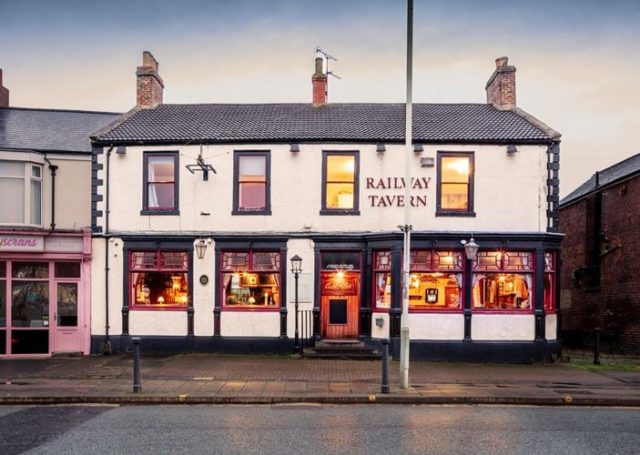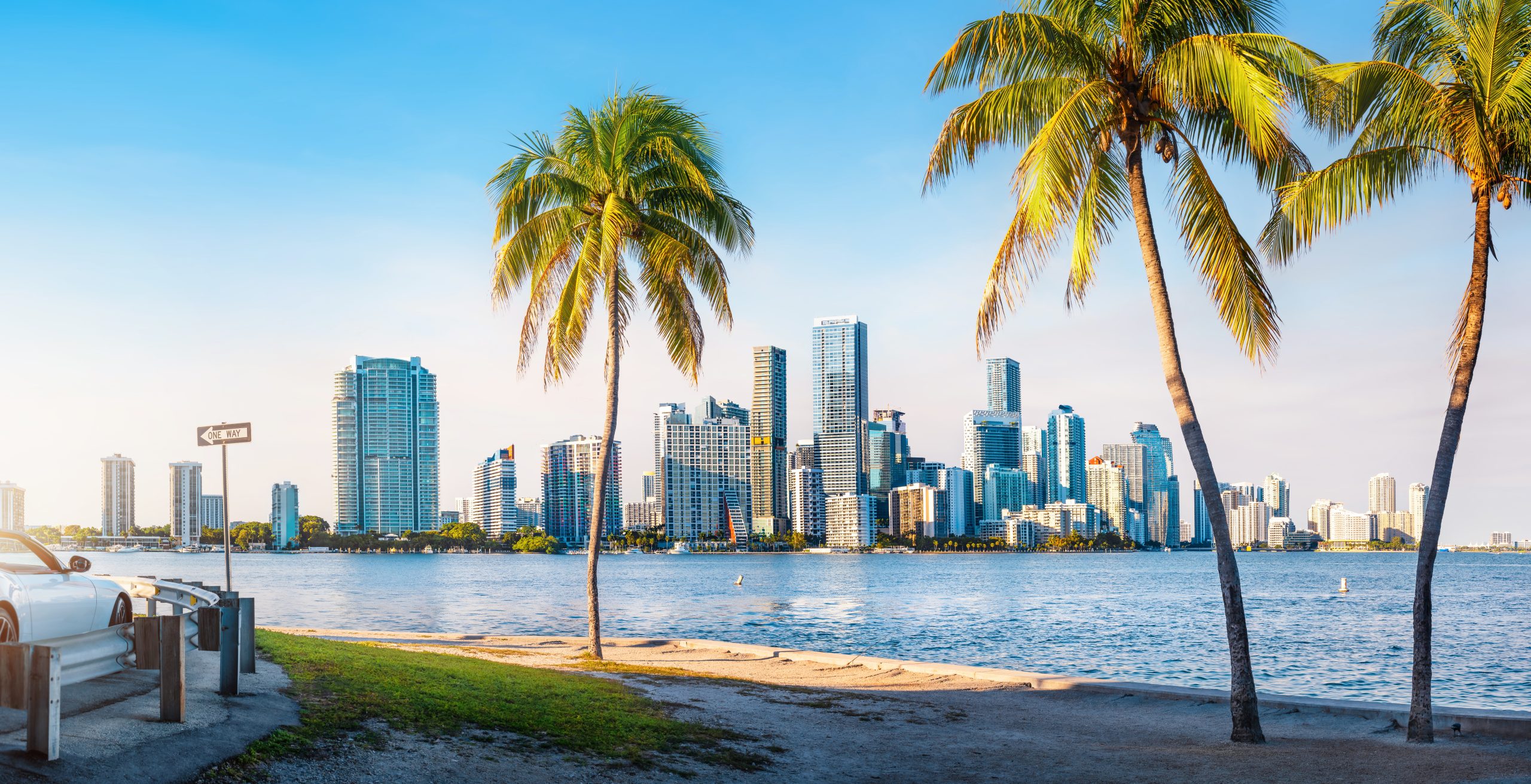Historic England lists pioneering railway pub
The Railway Tavern public house in Darlington, County Durham is among the buildings to have been recently added to the National Heritage List for England.

The new list, released by Historic England, the public body for the protection of England’s heritage, includes a number of historic landmarks, include a 400-year-old carriage wash in Hertfordshire, a Second World War radar station in Northumberland, and a manor house in Norfolk. Inclusion on the list protects a building under the Planning (Listed Buildings and Conservation Areas) Act 1990 as amended for its special architectural or historic interest.
The Railway Tavern was officially listed on 13 September of this year. The historic County Durham boozer was one of three pubs built between 1826 and 1827 by the Stockton & Darlington Railway, the world’s first railway to use steam locomotives, initially for the transportation of coal. To put the railway’s pioneer status into perspective, George Stephenson’s Rocket, one of the most famous locomotives, was first trialled in 1829.
Pubs like The Railway Tavern not only provided vital watering holes for the railway’s navigational engineers, or ‘navvies’, they also effectively served as railway stations and as places of business for coal merchants. The Campaign for Real Ale (CAMRA) suggests that it may have even been the world’s first railway hotel.
When the nearby coal depot was closed in 1870, the Stockton & Darlington Railway auctioned off The Railway Tavern, undergoing several refurbishments, including from architect G.G. Hoskins, in the following decades, around the time that housing sprung up around it. It is currently a five minute walk from Darlington’s North Road station.
Partner Content
Much of these late-Victorian stylings remain today, including a pine bar front, large sash windows, and pilasters. The jukebox and pool table are more recent innovations.
Related news:
Britain’s wonkiest pub still standing sold
Devon pub collapses after torrential rainfall
Related news
Coravin announces May 2025 World Wine Tour




